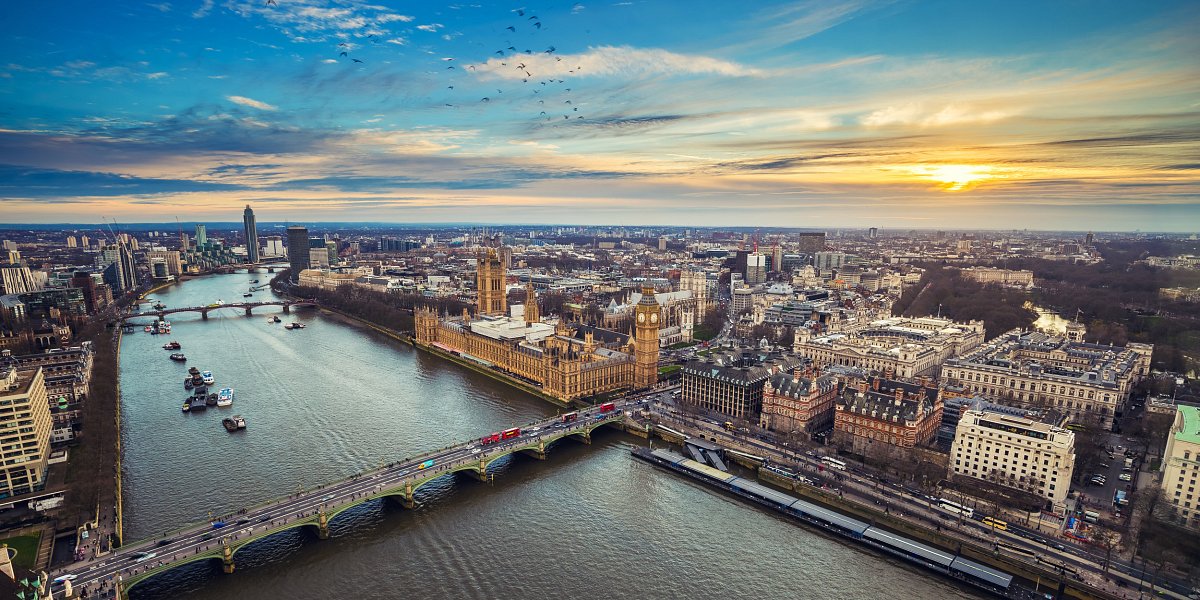UKH reveals top priorities for Spring Budget
UKHospitality has three critical asks of the chancellor at the Budget in March.

One of the largest trade bodies in the country has outlined its top priorities when it comes to lobbying government ahead of the Spring Budget.
With new data showing that more than 6,000 venues closed in 2023, bringing total closures since the pandemic to almost 23,000, UKHospitality has three critical asks of the chancellor at the Budget to provide vital support for businesses and generate much-needed investment.
It is calling for a 3% cap on business rates increases, saying the proposed 6.7% increase to business rates for up to 20,000 hospitality businesses will push more businesses to failure.
Temporary changes to employer National Insurance Contributions (NIC) are also being called for through a cut in the lower rate of employer NICs to 10%. UKHospitality says increasing the threshold at which contributions are made by the employer will help businesses manage the increase in the National Living Wage.
Finally, the trade body is asking for a lower rate of VAT for hospitality, leisure and tourism. It says a 12.5% VAT rate is proven to boost demand, generate revenue and keep prices low. It is, the trade body states, the single greatest catalyst for growth in hospitality, with 70% of businesses passing through reduced prices to customers.
"This is unsustainable"
"These stark closure figures underline the seismic challenges facing hospitality businesses," says Kate Nicholls, chief executive of UKHospitality. "It is now a case of supporting the sector or losing many businesses for good.
"It’s clear that endless price rises and an ever-growing tax burden has left businesses on the cliff-edge, and has deterred investment. Venues have had no choice but to use their cash reserves to pay bills, keep the lights on and help people remain in jobs, instead of investing in and growing their businesses.
"This is unsustainable. Cities, towns and villages are being robbed of vital assets that are essential to our local economies, but more importantly to the wellbeing of local communities. With the right action from government, this can be a short-term blip and the sector can fulfil its potential in driving economic growth, attracting investment and creating jobs."













